Note: The Open Philanthropy Project was formerly known as GiveWell Labs. Before the launch of the Open Philanthropy Project Blog, this post appeared on the GiveWell Blog. Uses of “we” and “our” in the below post may refer to the Open Philanthropy Project or to GiveWell as an organization. Additional comments may be available at the original post.
We’ve just published an extensive writeup on the cause of U.S. criminal justice reform, which was one of the causes we previously listed as a priority for investigation under GiveWell Labs.
We first became interested in this cause when our initial conversations around promising policy areas (in particular, our extended conversation with Steve Teles) highlighted it as having unusual political tractability. We heard from multiple sources that the combination of the adverse U.S. fiscal situation, low crime rates, and emerging conservative interest in an issue historically supported by progressives may have created a “unique moment” for criminal justice reform with a limited window.
Due to the significant amount of suffering and expense associated with incarceration, we believe there are high humanitarian stakes as well. And in initial conversations about the cause, we identified some approaches that we believe to have relatively little in the way of philanthropic support.
There are other causes that we see as having higher humanitarian stakes than criminal justice reform, and other causes that we see as being more philanthropically “neglected,” but such causes generally don’t have the same “window of opportunity” dynamic. So criminal justice reform is a plausible, though not the only plausible, candidate for “outstanding cause to work on.”[1]To put this in “cost-effectiveness analysis” terms: the “window of opportunity” aspect implies that chances for influencing policy are unusually high in this domain; our analysis of potential policy impacts implies that such influence would have high humanitarian value; the … Continue reading
When we started doing deep investigations of new causes, we chose to work on criminal justice reform first, because we had multiple leads already for potential grantees, and it seemed like a cause that we would quickly learn about and make progress on from the standpoint of finding giving opportunities. Since then, we have had many conversations and identified initial grantees that we find quite promising. These grantees’ activities include research, technical assistance and advocacy. They are taking what we see as promising approaches to reducing incarceration while preserving or improving public safety (and have substantial room for more funding).
We have paused work on this cause for the time being as we investigate other potential focus areas (more in future posts). However, we think it is quite likely that we will end up declaring criminal justice reform as an ongoing priority for GiveWell Labs.
Much more information at our full writeup:
Our writeup on criminal justice reform
Footnotes
| 1 | To put this in “cost-effectiveness analysis” terms: the “window of opportunity” aspect implies that chances for influencing policy are unusually high in this domain; our analysis of potential policy impacts implies that such influence would have high humanitarian value; the fact that there is little existing philanthropic support for what we consider promising approaches implies that more funding could make a difference. Thus, speaking broadly, the prospects for high impact per dollar spent seem relatively strong. Future posts will compare this cause more explicitly with other potential policy causes. As discussed previously, we believe that estimating the cost-effectiveness of policy-oriented philanthropy is particularly challenging, but that there are initial reasons to believe that it can be quite high relative to other styles of philanthropy. |
|---|
